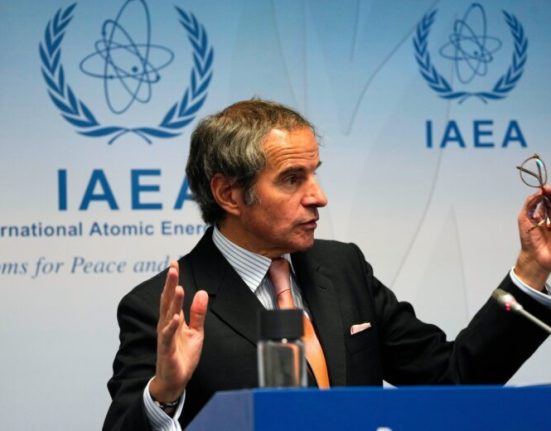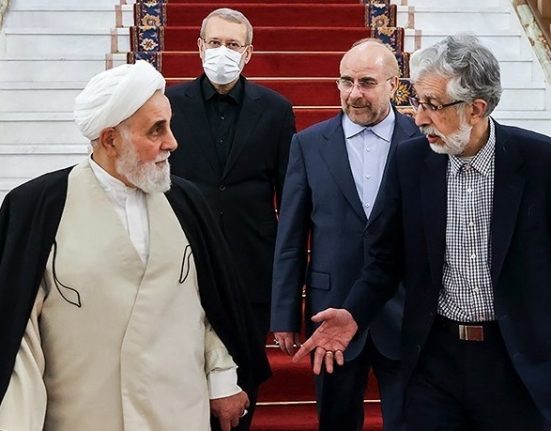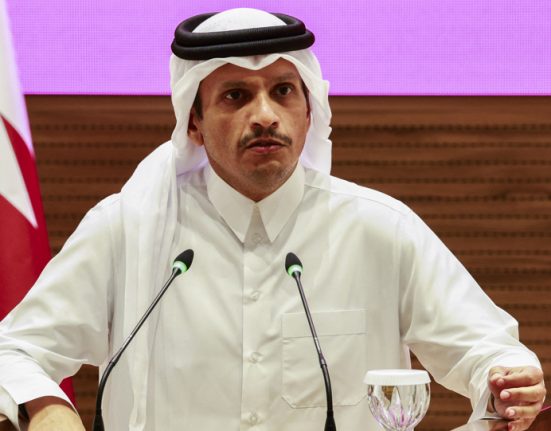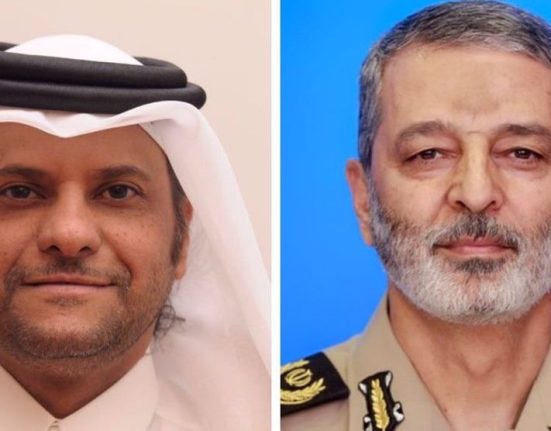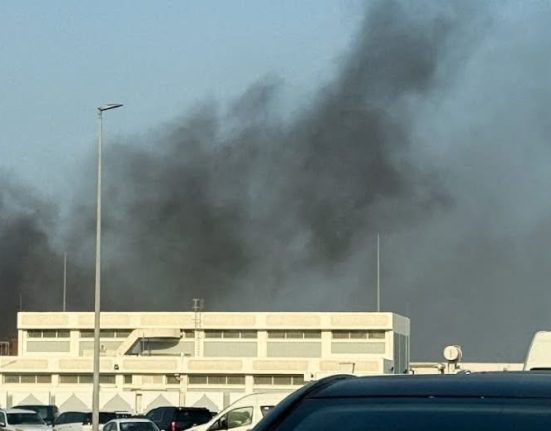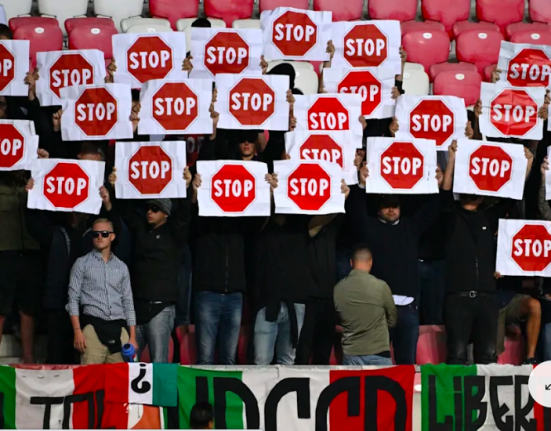A spokesperson for the Israeli police has accused the Islamic Republic of Iran of deliberately launching missile strikes on residential neighborhoods, targeting civilians in their homes during recent hostilities. The accusation comes amid a sharp escalation in the long-standing tensions between the two nations, following a series of high-impact attacks and retaliations that have gripped the international community’s attention.
The Israeli police representative, speaking to international media, claimed that Iran’s ballistic missile and drone barrage was not confined to military installations but instead struck densely populated areas, resulting in significant civilian casualties and infrastructural devastation. According to Israeli officials, cities such as Tel Aviv, Bat Yam, and Haifa suffered direct hits, with some missiles slamming into residential apartment buildings, reducing them to rubble.
This development, which has sparked global concern, comes at a time when Israel itself faces increasing scrutiny over its military operations in Gaza and parts of the West Bank. Critics have questioned the moral ground of such statements, pointing to the humanitarian crisis that has unfolded over the past 20 months, particularly in the Palestinian territories. International human rights groups and independent observers have consistently raised alarm over civilian deaths, mass displacement, and the destruction of critical infrastructure in the Gaza Strip during Israeli air raids and ground incursions.
While Israeli authorities maintain that their military actions have always been targeted at eliminating threats from Hamas and other militant factions, detractors argue that the scale of civilian harm suggests otherwise. The Iranian government, in its defense, has claimed that its recent actions were in direct response to Israel’s covert attacks on Iranian officials and infrastructure, including the controversial assassination of top Iranian commanders.
As both nations trade accusations, there is growing apprehension that the region could slide into a broader conflict with far-reaching global implications. World powers have called for restraint and de-escalation, warning that the ongoing tit-for-tat strikes could spiral into a full-scale war that might engulf neighboring countries and destabilize the wider Middle East.
In the midst of these hostilities, the global community watches closely, not just for military movements, but for the narratives each side presents. For many observers, including those in developing nations like Nigeria, the crisis underscores the complex interplay of geopolitical interests, historical grievances, and the often blurred line between defense and aggression.


